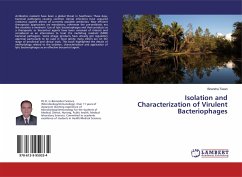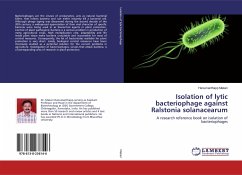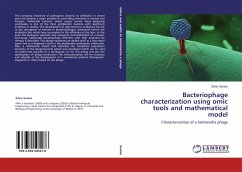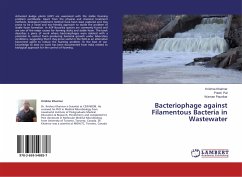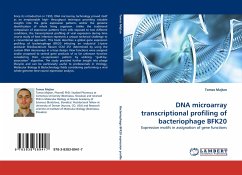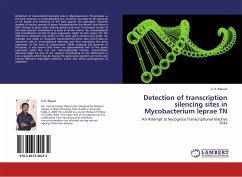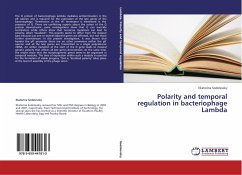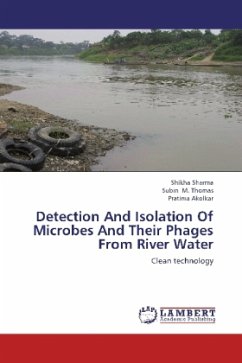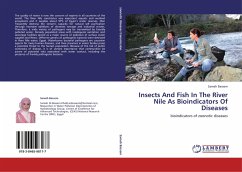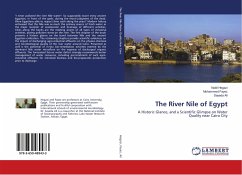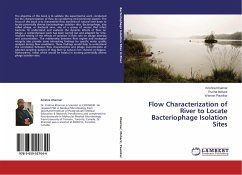
Flow Characterization of River to Locate Bacteriophage Isolation Sites
Versandkostenfrei!
Versandfertig in 6-10 Tagen
36,99 €
inkl. MwSt.

PAYBACK Punkte
18 °P sammeln!
The objective of this book is to validate the experimental work conducted for the characterization of flow by considering environmental aspects. The focus of this book is to characterize flow dynamics of natural river basin to locate potentially diverse bacteriophage isolation sites. Bacteriophage, also called phage, or bacterial virus, any of a group of viruses that infect bacteria. To understand and evaluate the dynamic effects of flow on phage, a comprehensive work has been carried out and adapted for time-resolved testing of the effects of variation in flow rate on phage diversity and conc...
The objective of this book is to validate the experimental work conducted for the characterization of flow by considering environmental aspects. The focus of this book is to characterize flow dynamics of natural river basin to locate potentially diverse bacteriophage isolation sites. Bacteriophage, also called phage, or bacterial virus, any of a group of viruses that infect bacteria. To understand and evaluate the dynamic effects of flow on phage, a comprehensive work has been carried out and adapted for time-resolved testing of the effects of variation in flow rate on phage diversity and concentration. The relationship between flow regime and ecological integrity also provide some interesting findings for specific water quality analyses during flow conditions. These findings would help to understand the correlation between flow characteristics and phage concentration at selected sampling stations of Nag River (a natural river channel at Nagpur, Maharashtra, India) which would behelpful in locating potentially diverse phage isolation sites.



